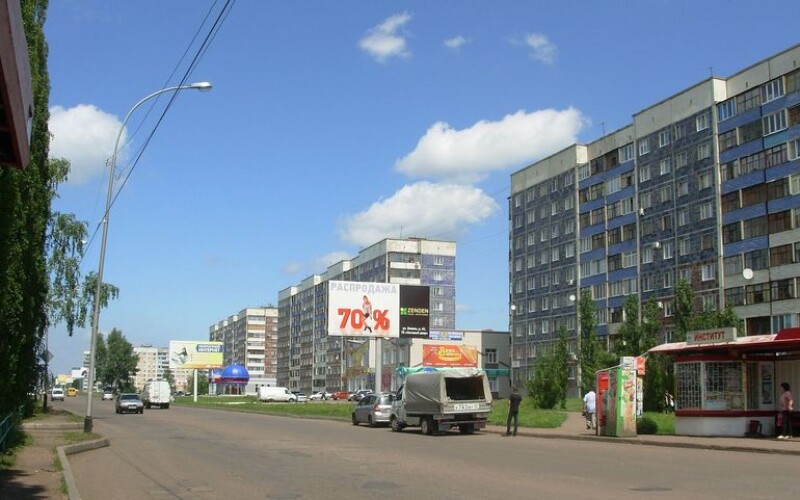Large-scale wildfires not only cause enormous damage to natural ecosystems, but also harm the economy and lead to additional human deaths from environmental degradation. In the West, scientists and economists are actively engaged in calculating such damage from fires, but no one has so far seriously studied the consequences of large-scale fires in Siberia, which is controlled by the Russian Federation.

A group of Japanese ecologists decided to fill the information gap and, with the help of a global climate model, they estimated the impact of wildfires in Siberia on air pollution, economy, mortality and climatic conditions until 2030. The results are published in the journal Earth's Future.
To build the model, the experts chose 2004 as a baseline with fewer emissions and forest fires and 2003, when emissions were high due to a large number of fires. Analysts compared data on fires with average GDP figures for 2003-2017 and mortality statistics for the countries of the region.
Six conducted simulations showed that aerosol emissions from forest fires have a cooling effect not only over Siberia, but also over the Arctic Ocean and the Canadian Arctic. But simulations show that by 2030, this effect will be replaced by warming everywhere, except for certain areas in Eastern Siberia.
The authors of the work also estimated that air pollution due to forest fires in the Irkutsk region of the Russian Federation alone kills about 3000 people a year. And material losses from "loss of well-being" are estimated at 5 billion dollars per year.
For China and Japan, where winds blow smoke from Siberian fires, population losses due to higher population density are estimated to be even higher: an average of 67 and 22 thousand people per year, respectively. Economic losses: 51 and 84 billion dollars annually.
The authors of the study emphasize that they have not yet taken into account non-lethal consequences for human health, as well as "secondary social consequences".
Other environmental news
As I wrote, the ozone hole over Antarctica decreased, but it persisted for an extremely long time. A new study found that instead of closing in November, it stayed open until December.
We also reported that dust storms are becoming more frequent in Europe. The only one currently implementing an effective dust storm prevention strategy is China.


 1659
1659











